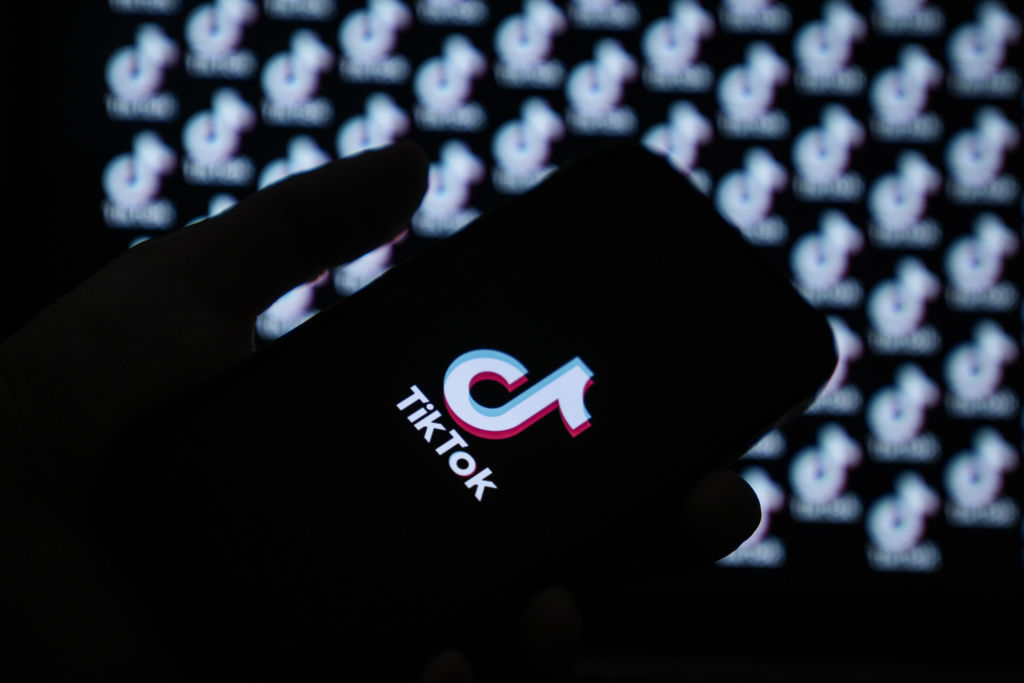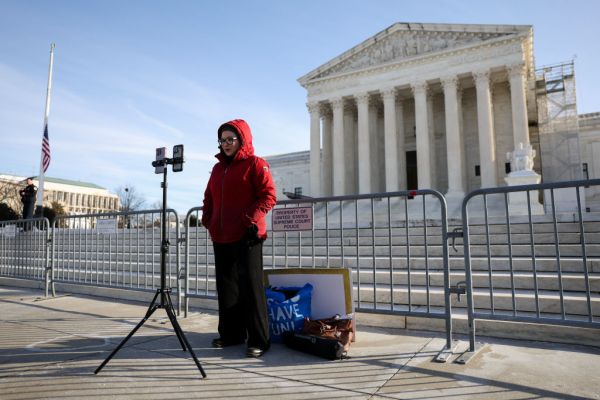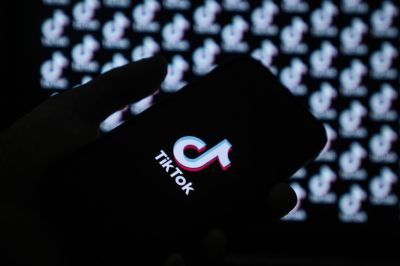Hundreds of viral posts claim that TikTok plans to shutter its U.S. operations on January 19 unless the U.S. Supreme Court takes action. “TikTok announces it will shut down in the US on January 19th unless the Supreme Court strikes down or delays law requiring it to be sold,” reads a common version of the post. “TikTok confirms it will shut down in the United States on January 19th,” reads another.
The claim is true. Several reliable media outlets have reported TikTok’s intention to shut down if it is not granted relief by the Supreme Court, and the company’s legal filings confirm the business will be forced to cease operations in the U.S. if the court rules against it.
Last April, Congress passed a bill requiring ByteDance—TikTok’s Chinese parent company—to either divest its U.S. business or face a ban in the country. The legislation requires divestment within 270 days of the law’s enactment—a deadline of January 19, 2025.
In December, a D.C. Circuit Court of Appeals panel upheld the law, leading ByteDance to request an emergency injunction from the Supreme Court. The court denied the injunction request and instead decided to consider the merits of the case on an expedited timeline. Oral argument in the case took place last week, with the Supreme Court expected to make a decision before this week’s January 19 deadline.
In the introduction of ByteDance’s December 9 emergency motion for injunction, the business states that, if the court refuses to grant relief in the case, TikTok will be forced to end its U.S. operations. “Absent such relief, the Act will take effect on January 19, 2025,” the motion reads. “That would shut down TikTok—one of the Nation’s most popular speech platforms—for its more than 170 million domestic monthly users on the eve of a presidential inauguration.” On January 9, the Associated Press similarly reported that TikTok planned to shut down in the U.S. by January 19 unless the Supreme Court ruled in its favor.
Even if the Supreme Court refuses to strike down or delay the law, TikTok will not immediately disappear from Americans’ phones. Rather, new users would not be able to install the app, and existing users would be prevented from downloading updates.
ByteDance could also still avoid a permanent ban by selling TikTok to a new owner. On January 13, Bloomberg reported that Chinese officials were still considering a sale, with Elon Musk and his X platform as potential buyers. The law allows the president to grant a one-time deadline extension of 90 days to ByteDance if it certifies to Congress that a path to a divestiture has been identified, there is evidence of progress toward that divestiture, and there are legal agreements in place to enable the execution of a divestiture within the extension period.
TikTok did not respond to a request for comment by The Dispatch Fact Check.
If you have a claim you would like to see us fact check, please send us an email at factcheck@thedispatch.com. If you would like to suggest a correction to this piece or any other Dispatch article, please email corrections@thedispatch.com.







Please note that we at The Dispatch hold ourselves, our work, and our commenters to a higher standard than other places on the internet. We welcome comments that foster genuine debate or discussion—including comments critical of us or our work—but responses that include ad hominem attacks on fellow Dispatch members or are intended to stoke fear and anger may be moderated.
With your membership, you only have the ability to comment on The Morning Dispatch articles. Consider upgrading to join the conversation everywhere.